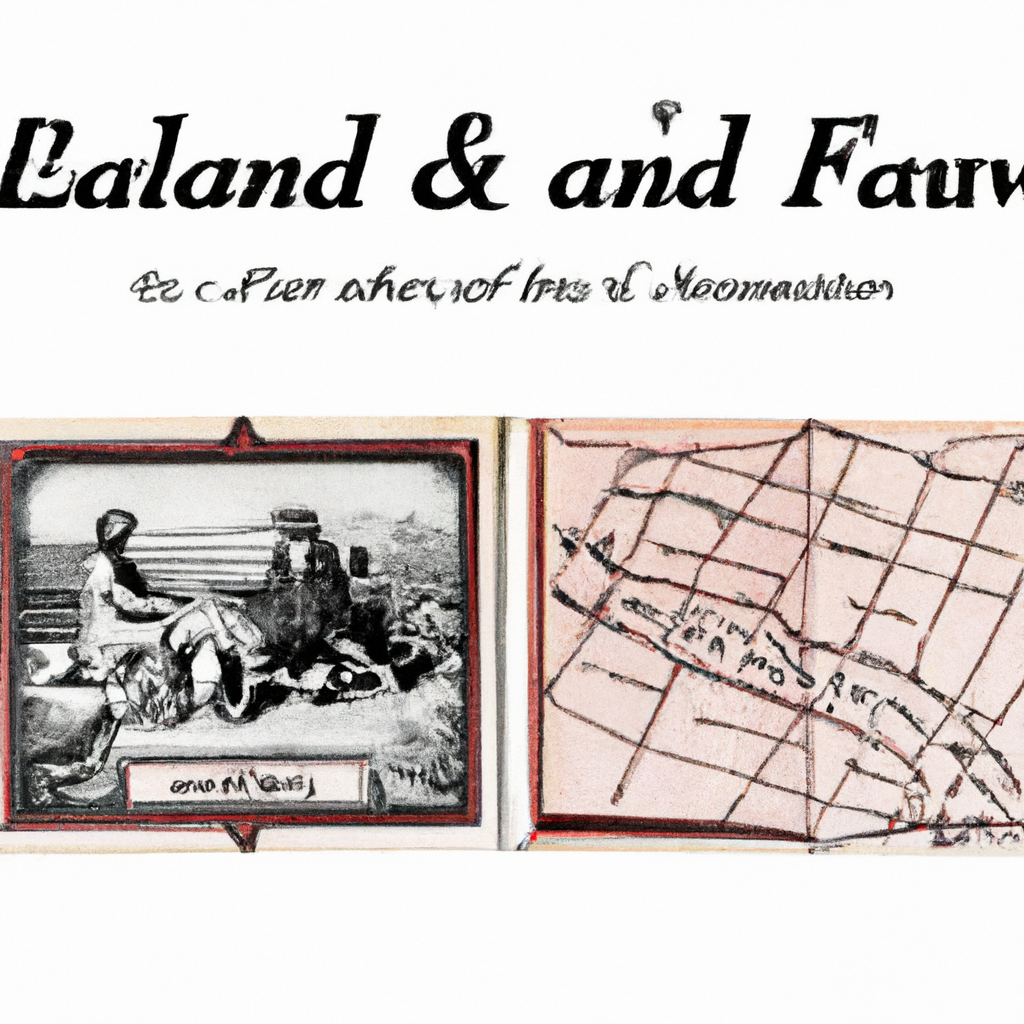Land: More Than Just Soil
This is the second episode of our series where we discuss the new emergent idea of why America has lost (or just forgotten) one of its primary rights of land ownership protected by the 5 fifth amendment, considered the pillar of American law, conquered through literally many lives, sweet and blood.
Guilherme Oliveira
9/21/20232 min read
USA Dream of Ownership
Since the constitution of the USA land has been prioritized in the 17th and 18th centuries. The acquisition of land was a central concern for early American settlers. The original 13 colonies were established, in part, to secure land for various purposes, including agriculture, trade, and religious freedom. Land was allocated to settlers through various means, including grants from European monarchs and local land offices, in the 1780’s three important laws were placed.
The Northwest Ordinance (1787) this federal law was critical in shaping how land would be acquired and governed in newly acquired territories. It provided a framework for the orderly division and sale of land in the Northwest Territory, establishing a system of townships and sections. Importantly, it prohibited slavery in these territories and laid the groundwork for future states to enter the Union on equal footing.




The Land Ordinance of 1785: This law laid out a systematic grid system for surveying and selling public lands in the western territories. It established the concept of the Public Land Survey System, ensuring that land ownership was well-defined and could be easily traded or sold. The U.S. Constitution (1787): The Constitution of the United States addressed land ownership indirectly through provisions such as the Commerce Clause, which regulated commerce among the states, including trade in land. The Constitution's respect for property rights and contracts created a stable environment for land transactions.
The U.S. Constitution (1787): The Constitution of the United States addressed land ownership indirectly through provisions such as the Commerce Clause, which regulated commerce among the states, including trade in land. The Constitution's respect for property rights and contracts created a stable environment for land transactions.


In summary, land ownership was a critical aspect of the United States' early history and its Constitution. The federal government played a key role in acquiring and distributing land, and various laws and policies shaped the nation's expansion and development. The constitutional principles of property rights and contracts laid the foundation for a stable system of land ownership that continues to be a fundamental aspect of the American dream.
(346) 440-2424
guilherme@syguima.com
3200 Wilcrest Drive, Suite 170 # 243, Houston, TX 77042
